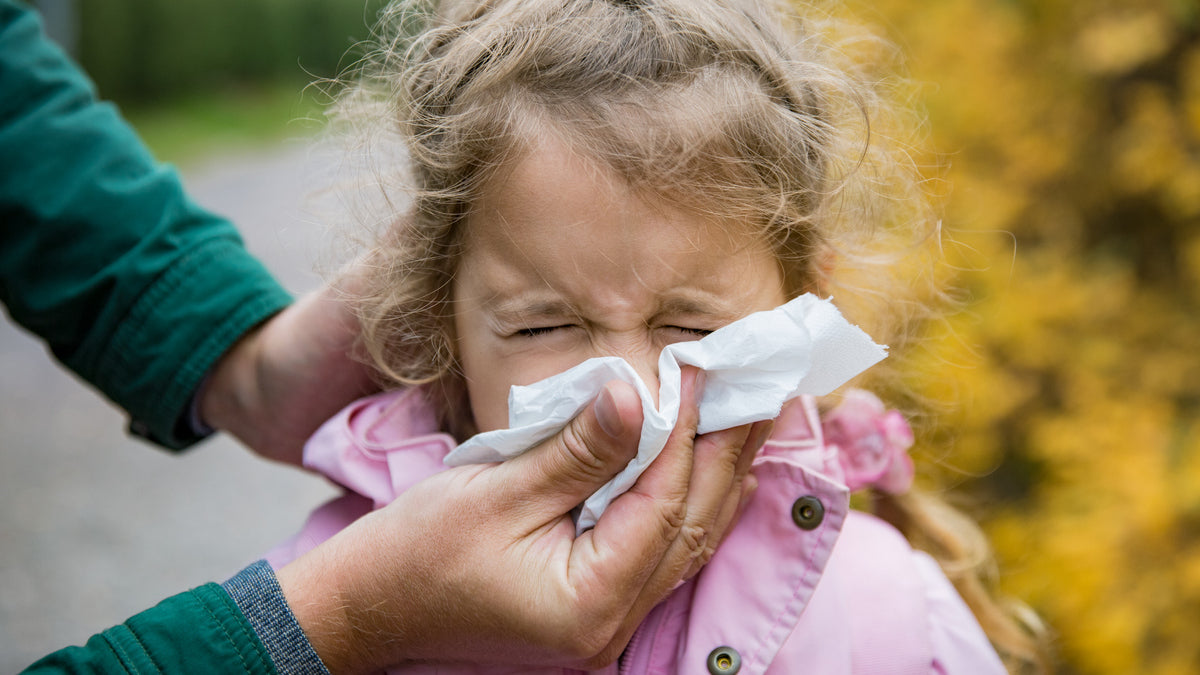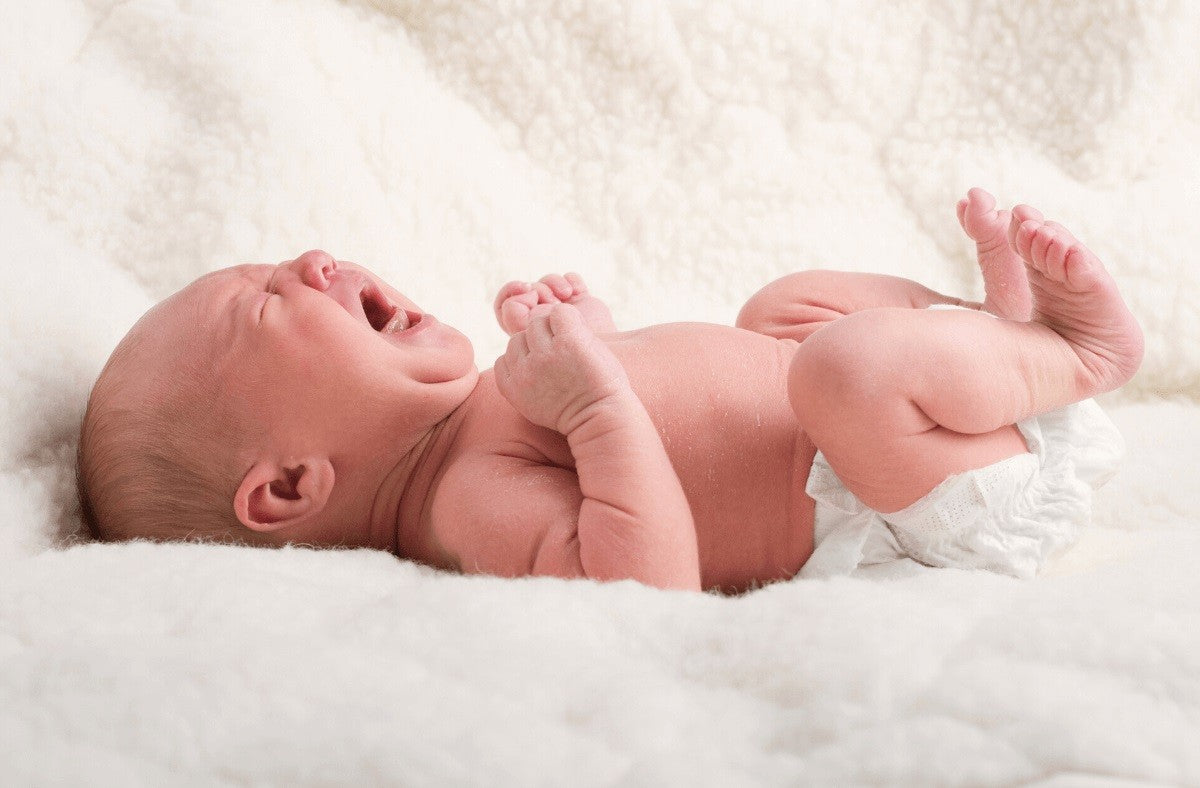Educating children to respect the environment !!
Educating children to respect the environment is a fundamental task, it combines fun with the ability to understand that the responsibility for our future is in our hands!
Educating children to respect the environment is not difficult, and it is not just about economics or conservation of resources but also about civic and cultural education.
Does the school teach children respect for the environment?
In the task of educating children to respect the environment, the school is a real ally. Environmental education is fundamental in primary and kindergarten, you can embrace current issues with which the new generations can confront.
Referring to CM n.86 of 27 October 2010 of the Miur, in the teaching "Citizenship and Constitution" the importance of environmental sensitivity and education for sustainable development is highlighted.
But certainly an important topic like this cannot end only in the school months.
Good habits for educating children to respect the environment?
There are good ecological habits to educate children to respect the environment, the first thing to do is to be an example, if the reference adults respect the environment, the children will do it too.
Educating children to respect the environment, it can be done, start involving children in separate collection. Teaching the latter can be a challenging, fun, and creative activity.
If you have a garden, teach children that wet household waste can turn into a natural fertilizer for plants.
And explain to him that the paper, if properly collected and delivered to the right bin, will allow us to have new sheets to make new drawings.
Children will be fascinated by it.
Educating children to respect the environment starting from waste?
To educate children about respect for the environment, you must first explain to them that waste must be divided by type, only after having explored and discovered the nature of the different materials, from glass to plastic, from metal to paper, can you show them the bins. of separate collection, to involve them you can create them together in an original way.
Children will learn by following your example to separate the paper, plastic and other small waste that they can produce when they play or have a snack.
You learn by playing, and hopefully it will become a habit that they will continue to carry with them even when they grow up.
Educating children to respect the environment also means teaching them that there are natural resources and energy sources that must be protected, because they are not inexhaustible and therefore avoid waste.
To easily bring children closer to respect for the environment, it is essential that they learn inside their home, in this way it will be easy to adopt this attitude also outside.
We must keep in mind that respecting the environment is one of the key words of our future !!
Dear mothers, after reading the article we recommend that you visit our site






Leave a comment